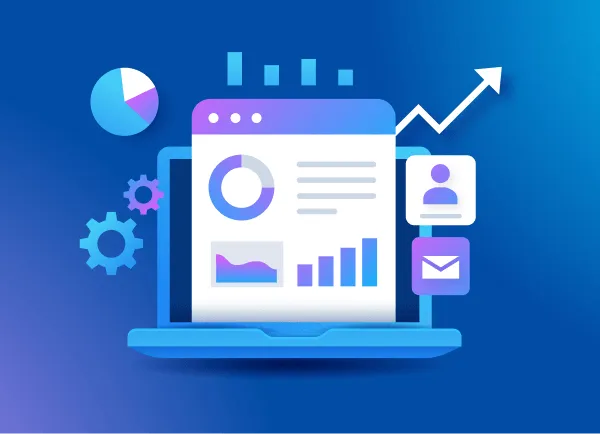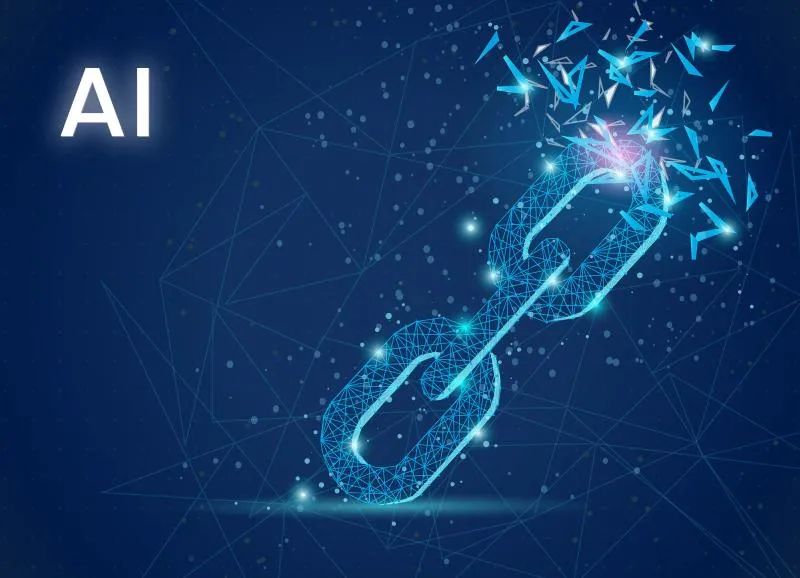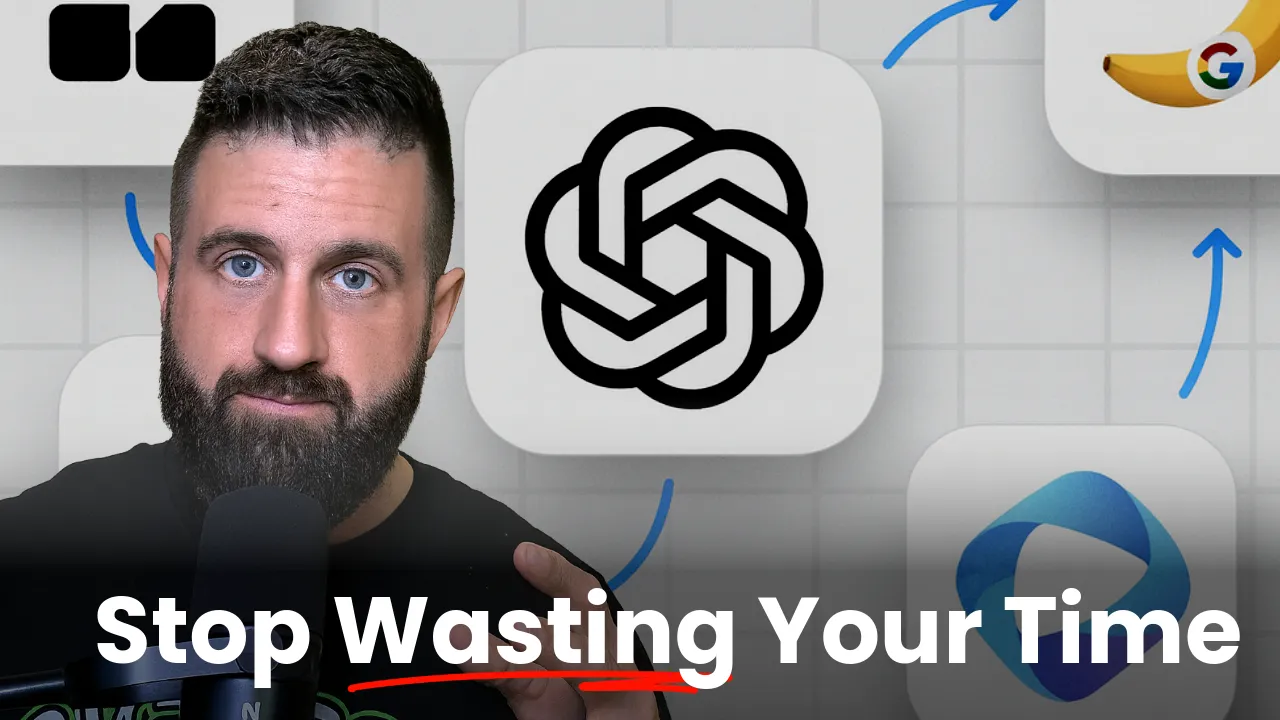The Role of AI in Marketing Automation: What Smart Teams Should Expect Next
Jun 03, 2025 | 4 min read

The Role of AI in Marketing Automation: What Smart Teams Should Expect Next
The world of marketing automation is evolving fast—and AI is at the center of it.
No longer just about automating emails or scoring leads, modern marketing automation is becoming smarter, faster, and more predictive. And that shift is being driven by artificial intelligence.
For B2B marketers navigating complex funnels and high-stakes decisions, understanding the role of AI in marketing automation isn’t optional. It’s foundational to building a future-ready growth engine.
In this blog, we’ll explore how AI is reshaping marketing automation, the benefits and risks, and what your team should expect (and prepare for) in the months ahead.
How AI Enhances Traditional Marketing Automation
At its core, AI augments automation by introducing adaptability, prediction, and contextual awareness to otherwise rule-based systems.
Where traditional automation follows fixed workflows, AI brings the ability to:
- Predict outcomes
- Learn from behavior
- Personalize content in real-time
- Continuously optimize without manual intervention
Key AI-Driven Enhancements in Today’s Tools
- Predictive Lead Scoring: Algorithms evaluate likelihood to convert based on behavioral and firmographic data.
- Dynamic Content Generation: AI creates or selects content variations based on user profile and intent.
- Send-Time Optimization: Messages are sent when each recipient is most likely to engage.
- Churn Prediction & Lifecycle Modeling: Machine learning identifies which accounts need re-engagement or handoff.
- Smart Routing: AI routes leads based on performance likelihood, not just territory or round robin.
These aren’t future concepts—they’re already integrated into many leading platforms like HubSpot, Marketo, Salesforce, and Drift.
Strategic Benefits of AI in Marketing Automation
The upside of integrating AI into your marketing automation stack is clear—but it goes far beyond efficiency.
1. Greater Personalization at Scale
AI allows marketers to tailor messages, offers, and timing to individuals without relying on dozens of audience segments or rule-based trees.
2. Smarter Decision-Making
AI can surface insights that would take a human hours (or days) to uncover. From optimal cadence to conversion likelihood, it reduces guesswork and accelerates impact.
3. Improved Lead Quality and Conversion Rates
By automating prioritization and routing based on behavioral data, AI helps sales teams focus only on the most likely-to-convert prospects.
4. Continuous Optimization
Instead of launching a campaign and waiting for results, AI tools can adjust copy, creative, or audiences in real-time—turning every campaign into a learning loop.
Challenges and Risks to Watch
Despite the hype, integrating AI into marketing automation isn’t risk-free. Teams should stay grounded and aware of potential pitfalls.
1. Garbage In, Garbage Out
AI models are only as good as the data they train on. Inaccurate or incomplete data leads to poor predictions—and poor performance.
2. Over-Automation Can Kill the Human Touch
AI can personalize, but it can’t empathize. B2B buyers still value relevance, clarity, and trust—don’t automate away your voice.
3. Compliance and Privacy Concerns
AI-powered systems often rely on third-party data, tracking pixels, and behavioral monitoring. Ensure your workflows stay compliant with regulations like GDPR, CCPA, and others.
H3: 4. Black Box Algorithms
When AI makes decisions, marketers need transparency. Always look for tools that explain their logic and allow human override when needed.
What the Future Holds: 5 AI Trends to Watch
Looking ahead, AI in marketing automation is poised to evolve in five key ways:
1. AI-Powered Journey Orchestration
Future platforms will automate entire multi-channel journeys based on live behavior—not just email triggers, but ads, sales sequences, content surfacing, and more.
2. Conversational AI Will Dominate
Chatbots and virtual assistants will get smarter, enabling 1:1 sales conversations that feel human—but scale infinitely.
3. Auto-Generated Campaigns
We’ll soon see tools that create complete campaigns—including subject lines, creative, segmentation, and timelines—based on goal inputs.
4. AI-Augmented A/B Testing
Rather than test two versions, AI will generate dozens of creative variations and auto-optimize based on performance patterns.
Ethical and Responsible AI Will Become Table Stakes
As AI becomes more embedded, vendors will be expected to offer model transparency, bias detection, and ethical compliance as part of their value prop.
How CI Digital Helps Teams Embrace AI Strategically
At Ciberspring, our CI Digital team helps B2B marketers take a grounded, strategic approach to AI in marketing automation.
We work with growth teams to:
- Audit your current tech stack and identify AI-enabled capabilities
- Integrate AI tools with your existing workflows and CRM
- Build guardrails to protect brand tone and compliance
- Design campaigns that balance automation with human creativity
- Train teams on how to interpret AI outputs and adjust strategy accordingly
AI should work with your team—not replace it.
Conclusion: AI Is the Future—But Strategy Comes First
AI in marketing automation isn’t just a trend. It’s a fundamental shift in how modern marketing gets done.
But tools alone won’t drive results. The real advantage comes when strategy, data governance, and human oversight are built into the process.
Want to see where AI fits into your marketing automation roadmap?
👉 Book a strategy call with the CI Digital team at Ciberspring to get practical guidance, platform support, and a plan built for your business—not just the hype.
Optional FAQ
Q: Can AI replace human marketers?
A: No. AI can enhance and scale your work, but human creativity, context, and judgment remain irreplaceable in B2B marketing.
Q: Do I need to switch platforms to use AI in marketing automation?
A: Not always. Many platforms (like HubSpot, Salesforce, and Marketo) already offer AI features—you may just need to activate or optimize them.
Q: How do I know if my data is ready for AI?
A: Start with a data audit. Clean, centralized, and normalized data is key. If your fields are inconsistent or siloed, fix that before layering in AI.



 Gradial
Gradial  PEGA
PEGA 




